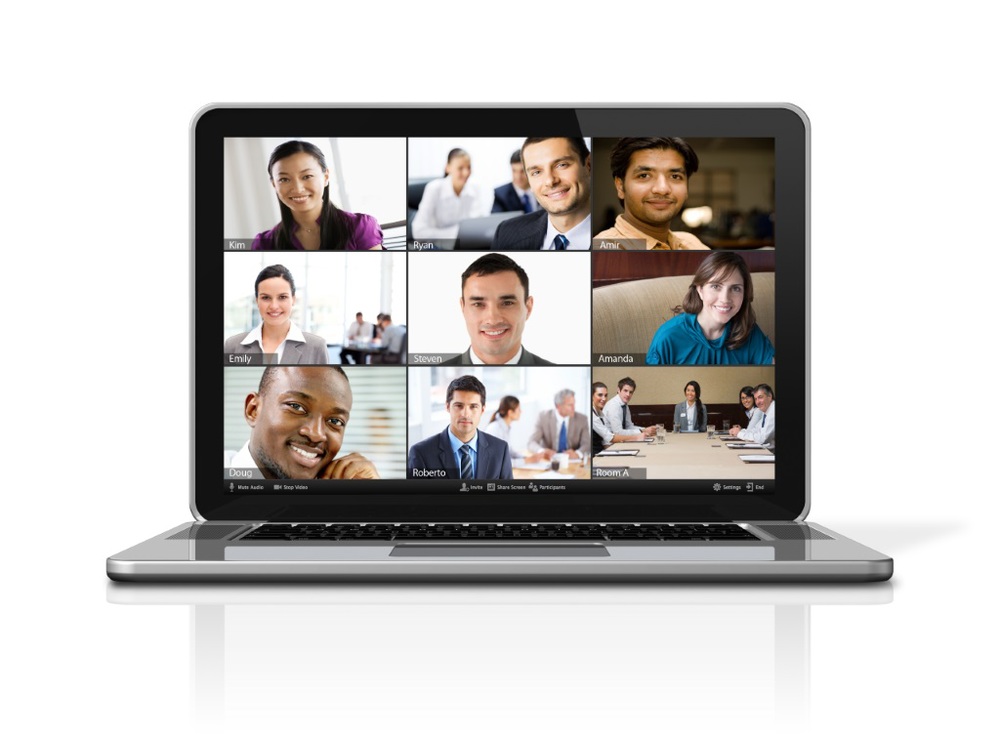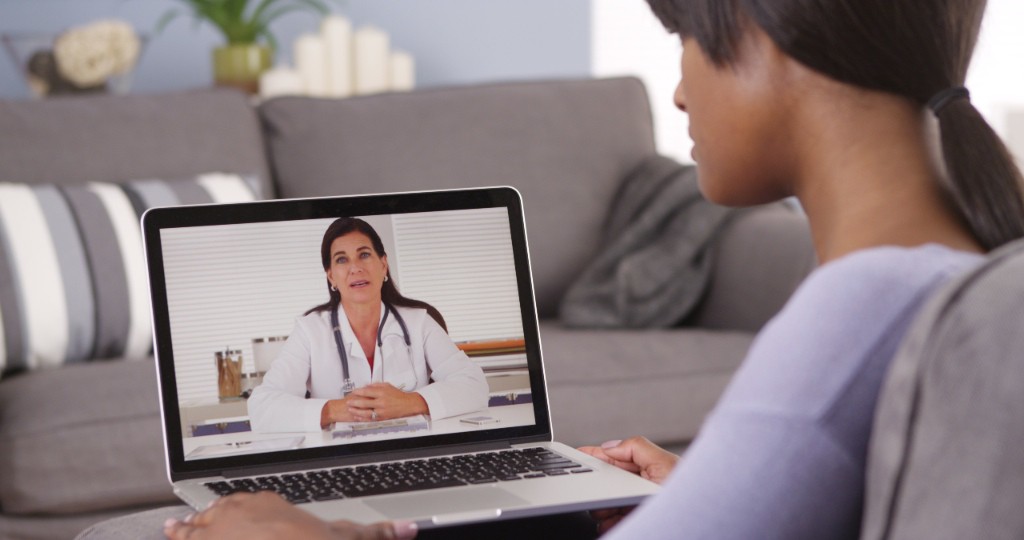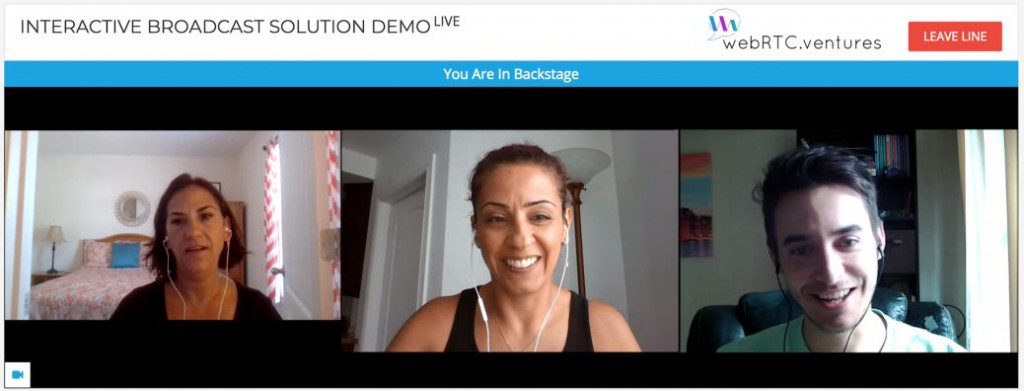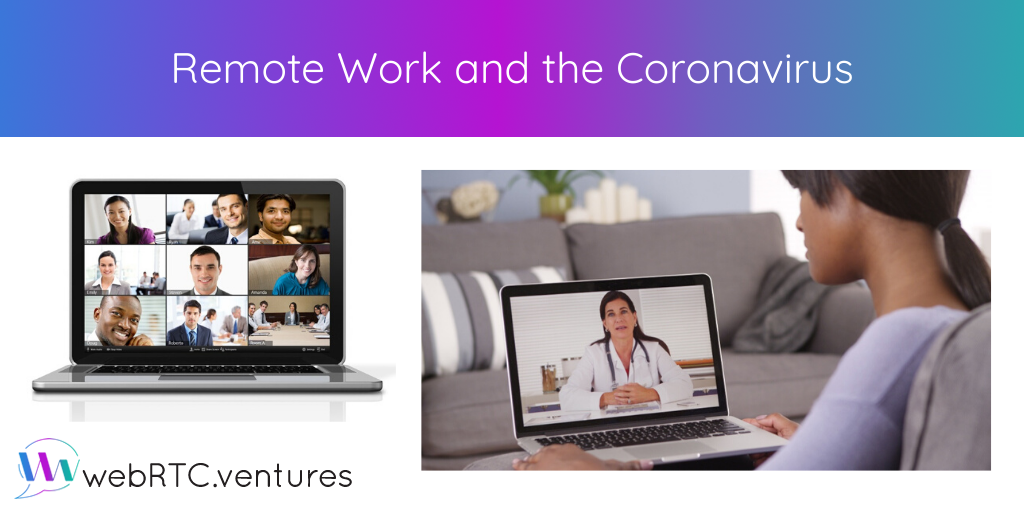Remote work is having a moment, but unfortunately it’s not for good reasons.
Concerns about the COVID-19 coronavirus are dominating the news right now and making a global impact. That impact has spread well beyond China and the stock market. Employers, school systems, and local governments are all preparing for likely outbreaks in their communities.
Working from home

The most common pieces of advice for preventing the spread of the coronavirus are to stay home if you’re sick and to work from home to prevent getting sick. Not every employee has the luxury of working from home, but there are many use cases where telecommuting is possible.
At WebRTC.ventures, we’re fortunate to have a pretty resilient business model. We have offices in Virginia and Panamá, but most of our team works from home, and our team members who work in an office can easily adapt to working from home. We have many clients globally that we never actually meet in person, although it doesn’t feel that way since video meeting tools make it easy for us to connect with our clients as if we were in the same conference room.
Not all companies are as well set up as we are for remote work. The coronavirus is the most recent reason that many traditionally “in office” professions should consider ways to accommodate remote workers and clients so that they can be more resilient against the coronavirus and whatever comes next.
How telehealth and telemedicine can help

Our team is already preparing for growth in our telehealth platform, SimplyDoc. That’s because we believe not only that telemedicine is the future of healthcare, but that crises like the coronavirus will drive more patients to demand telehealth and more doctors to recognize its importance. Not all healthcare visits can be done remotely, of course, but when possible, medical providers should encourage their patients to stay home and hold a video visit instead of potentially spreading or being exposed to germs.
Mental health counseling should look into expanding their offerings to include teletherapy. This would not only provide continuous care during public health crises like coronavirus but also better serve clients when they are unable to make an appointment in person.
Moving online
Another industry that may look at telepresence more as a result of the coronavirus discussion is conferences and large events. Our team is looking forward to exhibiting at the HIMSS Conference next week to launch our SimplyDoc platform. That conference will still be held, but with COVID-19 cases appearing in the US, that could change anytime. (Update: The conference has now been cancelled.) We’re also looking at presenting SimplyDoc at other conferences this year, including the American Telemedicine Association Conference in May.
What happens if one of those conferences is cancelled? We would certainly lose a great opportunity to get in front of thousands of potential customers. Conferences should look at how they could quickly spin up sophisticated webinar tools and hold events remotely. Our interactive broadcasting work is one way to do that while providing a richer experience than other webinar tools.

What other ways could we see virtual presence showing up more in our work lives? Some banks have kiosks in their branches that allow you to speak with a video agent to conduct your transaction. There are also companies that have started to implement virtual video receptionists (see Alice Receptionist).
Moving forward with telecommuting and remote work
Hopefully the coronavirus subsides soon, these worries go away, and our lives can return to normal. However, the lessons we’ve learned about preparation and business resiliency should remain at the forefront of our minds. We should all consider additional ways to work remotely with our customers and suppliers to minimize the impact of future public health emergencies.
If you’re interested in exploring custom video solutions for your business, either for emergency preparedness or as part of revolutionizing your work and your industry, contact us today!




